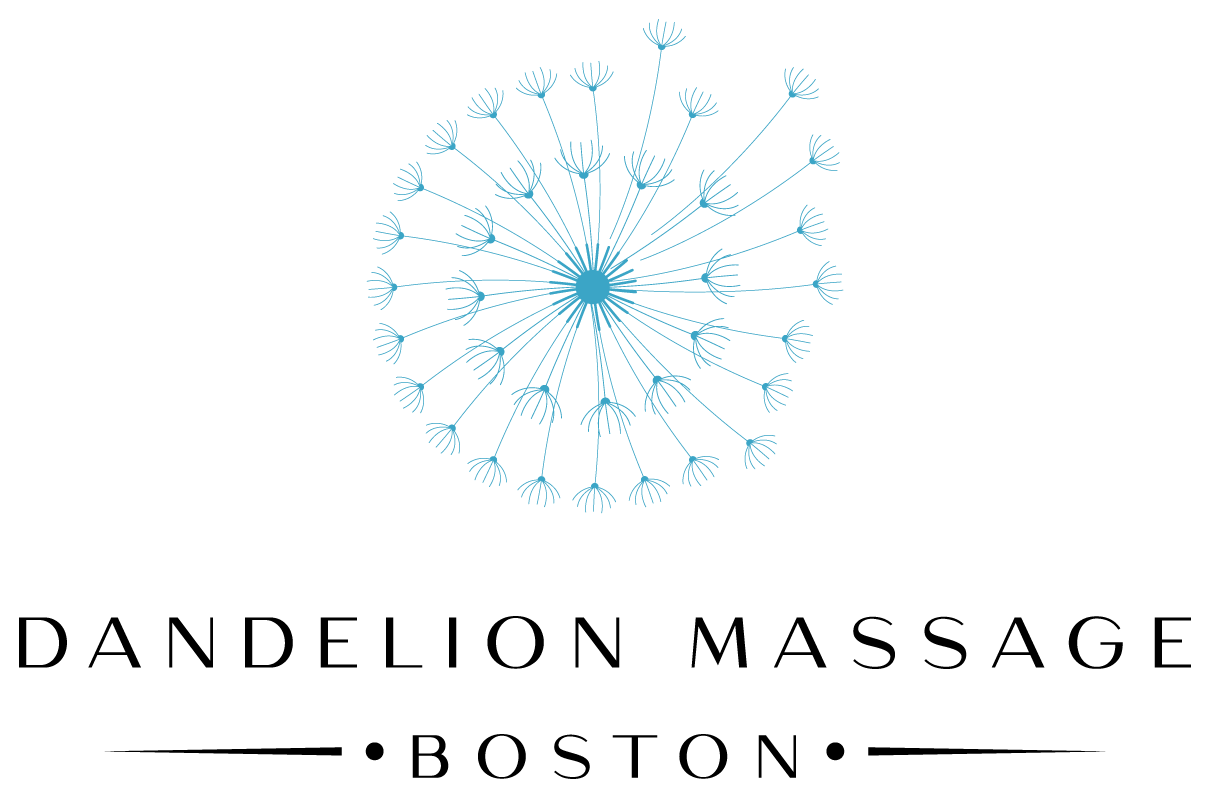Does Massage Help Manage Neuropathy?
Neuropathy refers to any condition that causes a dysfunction of the nerves, typically caused by some sort of damage, such as that associated with decreased circulation, diabetes, autoimmune diseases, or localized trauma. Most often, the area affected will have sensations of tingling, numbness, shooting pains, weakness, and/or a heavy feeling. While neuropathy can happen anywhere, you’ll usually hear this term interchanged with one that is actually a bit more specific; peripheral neuropathy. Peripheral neuropathy refers specifically to neuropathy that affects the hands and feet, which may or may not move its way up toward the trunk.
While there are many causes, the overall pathology remains the same; the nerves controlling sensation and movement of the area are damaged in some way and aren’t sending the “correct” signals up to the brain or out to the associated muscles. And because these nerve functions are so complex, people with neuropathy may experience either sensory or motor function losses and abnormalities, or both, depending on exactly where and to what extent the damage exists within the nerve itself. Some will have just numbness, while others may experience significant pain or weakness. Some may experience all the possible symptoms and others may only have one or two. The combination and severity of symptoms is often unique to each patient and the underlying condition that’s causing the neuropathy in the first place.
If you find that you’re experiencing any of these symptoms, it’s important to talk to your doctor as soon as possible. The sooner you can get control of this condition, the better. The damage to these nerves may or may not be permanent, so taking the necessary steps to address the symptoms as well as the root cause can help to heal the existing trauma as well as prevent further damage.
Treatments for peripheral neuropathy can range from exercise to prescription medication, as well as the use of devices like a TENS (transcutaneous electrical nerve stimulation) unit. There is also another commonly recommended treatment that you may not have thought of – massage therapy.
Massage has been shown time and again to help relieve the symptoms of peripheral neuropathy, and there are a few reasons for this.
#1: Massage helps to loosen the muscles and other soft tissue restrictions that may be putting pressure on those affected nerves.
#2: Massage releases endorphins, the feel-good hormones which act as a natural pain killer.
#3: Massage increases superficial blood flow, which may help to counter the poor circulation often causing peripheral neuropathy. This blood flow can also help the damaged nerves to heal as fresh oxygen and nutrients are brought into the area that may have been lacking.
#4: The direct application of massage at various pressures stimulates the diverse nerves in the area, to promote healing and proper function.
Before you jump onto that massage table, there are a few important things to consider. Communication with your massage therapist is crucial. As your therapist, I need to be aware of exactly what symptoms you’re experiencing associated with neuropathy as well as what the underlying cause is, what treatments you’re doing, and the effects of those treatments, all so that I can best formulate a session plan. Then throughout the session, you’ll also need to be sure you’re communicating very clearly on how the pressure feels to you, and any sensations that you feel. Massage therapists tend to go a bit lighter in pressure on areas affected by neuropathy due to the decrease in sensation. Basically, in healthy areas you would feel that the pressure was too much before it got to the point of being capable of causing damage to the tissues. But due to the decreased sensation in neuropathic areas, you won’t be able to give that kind of feedback as accurately, so as your therapist, I have to be much more careful. Speak up throughout if you feel the pressure isn’t right, if you experience an increase or decrease in symptoms, an area is especially numb or a particular movement causes pain. This informs me of what my next steps should be throughout your massage.
Neuropathy can be uncomfortable, and at times scary, but there are numerous treatment options. It’s important that you keep an open mind and get to know the treatments that are available to you.
